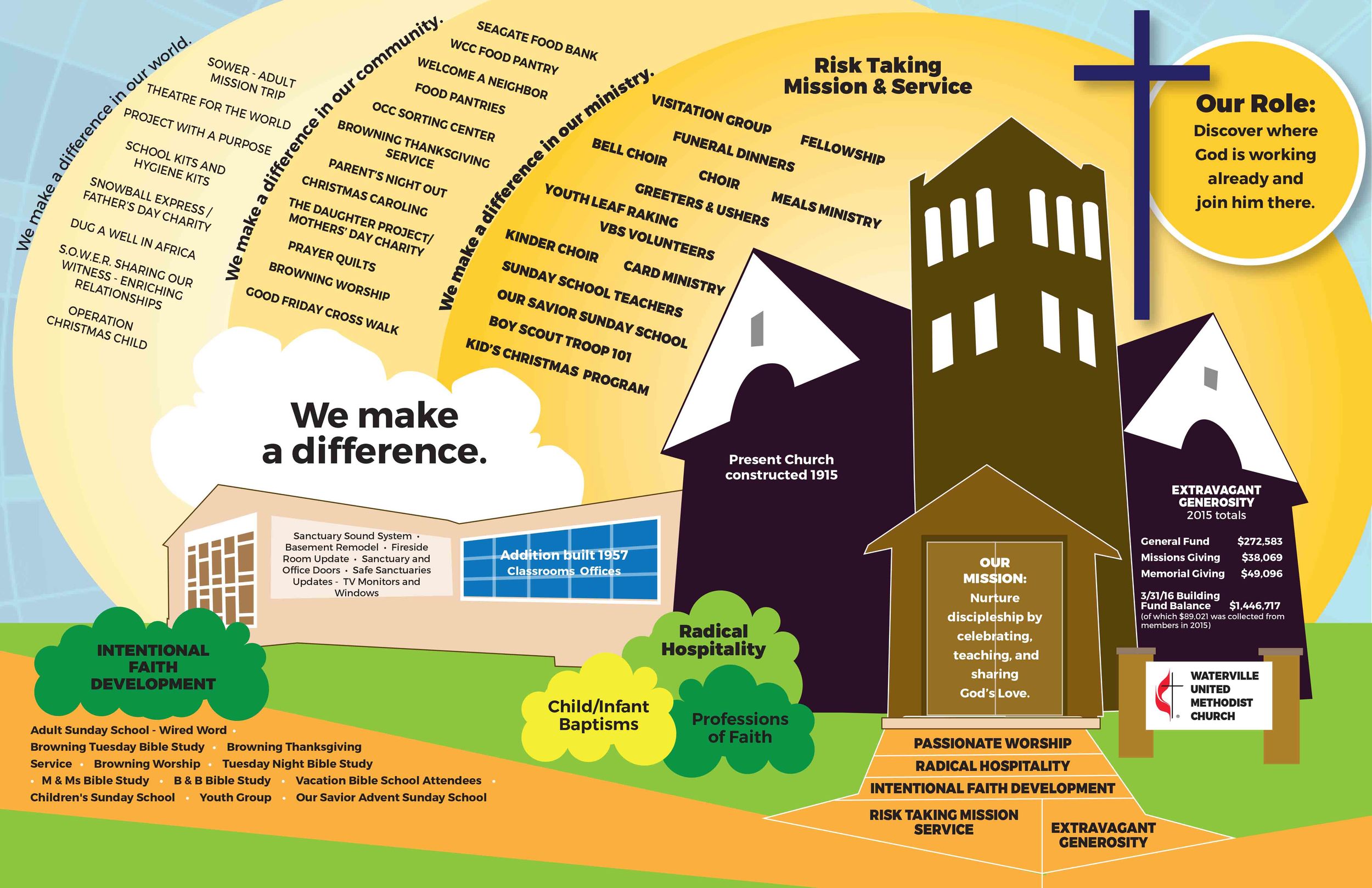Discover The Intriguing Growth Of Catholic Colleges And Their Significant Impact On Education-- Might Their Customs Be The Solution To Future Learning?
Discover The Intriguing Growth Of Catholic Colleges And Their Significant Impact On Education-- Might Their Customs Be The Solution To Future Learning?
Blog Article
Content Create By-copyright Grace
When you consider the history of education and learning, Catholic colleges stand out for their deep-rooted traditions and long lasting influence. These establishments started as a means to infuse belief and worths, however they have actually adjusted incredibly over centuries. Today, they play an essential duty in shaping not simply academic success however also moral integrity. What's interesting is just how they have actually handled to prosper in the middle of altering social landscapes, raising questions regarding their future importance and effect.
The Origins of Catholic Education: A Historic Viewpoint
Catholic education traces its roots back over 1,500 years, when early Christian communities recognized the need for structured understanding. You'll locate that these communities aimed to hand down their faith and worths via education.
Monasteries and sanctuary schools became centers of understanding, nurturing both spiritual and intellectual development. As you dig deeper, you'll see that the educational program typically included philosophy, theology, and the liberal arts, created to develop versatile people.
With time, the Church developed extra official organizations, making sure that education and learning continued to be easily accessible to all. Best Catholic high schools In Suttons Bay to training moral values and cultivating a feeling of neighborhood has actually continued through the centuries, shaping the instructional landscape and influencing numerous lives worldwide.
This long-lasting tradition continues to inspire Catholic education and learning today.
The Advancement of Catholic Colleges With Cultural Contexts
As societies developed, so did the duty of Catholic colleges, adjusting to the social contexts in which they existed. In the very early years, these institutions concentrated primarily on religious guideline, but as communities diversified, they began to integrate neighborhood languages, custom-mades, and educational needs.
have a peek at this site 'd discover that Catholic institutions frequently came to be facilities for social cohesion, cultivating a sense of belonging among pupils from various histories. In many regions, they dealt with societal concerns, such as hardship and discrimination, by supplying available education and learning for all.
As you check out different societies, you'll see exactly how Catholic institutions have actually changed their educational program and mentor approaches, mirroring the values and difficulties of their atmospheres while holding to their fundamental goal of faith and academic quality.
The Modern Role and Effect of Catholic Schools in Culture
In today's world, Catholic institutions play an essential duty fit not just the educational landscape, but additionally the broader community.
You'll discover that these institutions emphasize values like regard, concern, and social justice, cultivating well-rounded people that add favorably to culture. By focusing on scholastic excellence and ethical advancement, Catholic institutions prepare students for future difficulties, supporting critical reasoning and leadership abilities.
Best College prep schools In Leland offer diverse populaces, bridging spaces in accessibility to quality education. In addition, you may discover their commitment to solution, motivating students to take part in neighborhood outreach and volunteer work.
This blend of education and ethical advice makes Catholic colleges a substantial force, cultivating responsible residents that can influence their communities for the better.
Verdict
To conclude, Catholic institutions have an abundant background that's shaped their long-lasting impact on society. You've seen how they have actually adapted to numerous social contexts while preserving a commitment to faith, values, and academic quality. Today, they continue to play an essential function in cultivating neighborhood, advertising social justice, and nurturing accountable people. As you review their legacy, it's clear that Catholic schools remain a powerful force for positive change worldwide.
